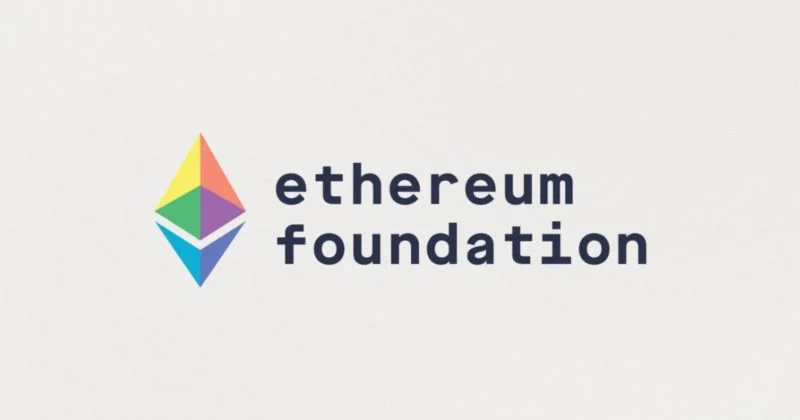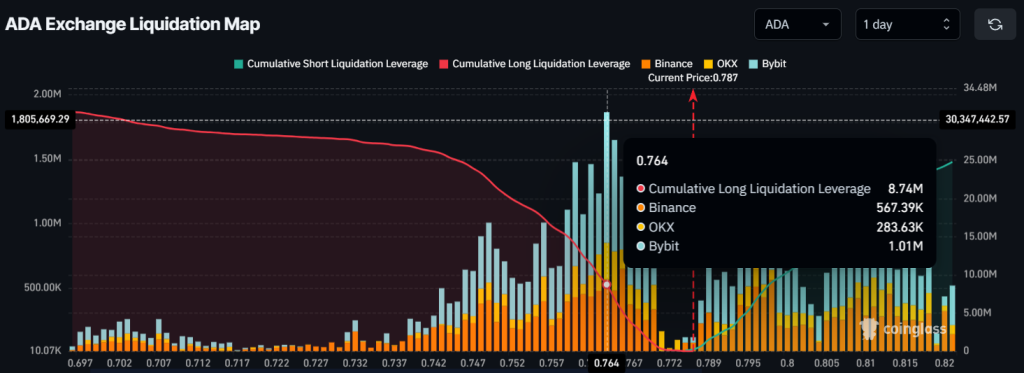The Ethereum Foundation’s DeFi Exploration and Future Implications
Introduction
The Ethereum Foundation recently made headlines by announcing its intention to delve into the world of decentralized finance (DeFi). This strategic move has the potential to reshape the foundation’s financial strategy, but it also raises concerns about its neutrality in future forks. In a recent post on Crypto Briefing, it was revealed that the Ethereum Foundation will be exploring staking after allocating a significant amount of ETH to DeFi projects.
DeFi Engagement and Financial Strategy
The Ethereum Foundation’s decision to allocate 45,000 ETH to DeFi projects signals a significant shift in its financial strategy. By actively engaging with the DeFi space, the foundation is not only supporting innovative projects within the ecosystem but also diversifying its investment portfolio. This move may open up new opportunities for the foundation to generate returns on its assets and strengthen its position in the crypto space.
Challenges of Staking and Neutrality
While exploring staking can potentially bring in additional revenue for the Ethereum Foundation, it also presents challenges to its neutrality. Staking involves holding a certain amount of cryptocurrency in a wallet to support the network and validate transactions. In the context of future forks, staking could give the foundation a significant stake in the outcome, raising questions about its impartiality and influence in the Ethereum community.
Implications for Readers
For individual holders of Ethereum, the foundation’s foray into DeFi and staking may have mixed implications. On one hand, increased engagement with DeFi could lead to more opportunities for decentralized financial services and higher yields on investments. However, the potential impact on network governance and the foundation’s neutrality in future forks may also raise concerns about the long-term stability and decentralization of Ethereum.
Impact on the World
The Ethereum Foundation’s exploration of staking and involvement in DeFi could have broader implications for the crypto community and the financial industry as a whole. If successful, these initiatives could drive further innovation in decentralized finance and attract more institutional interest in the space. However, the concentration of power and influence in the hands of a few key players like the Ethereum Foundation could also raise concerns about centralization and governance within the ecosystem.
Conclusion
In conclusion, the Ethereum Foundation’s decision to allocate ETH to DeFi projects and explore staking represents a significant step towards diversifying its financial strategy and engaging with new opportunities in the crypto space. While these initiatives hold promise for innovation and growth, they also pose challenges to the foundation’s neutrality and the broader decentralization of Ethereum. As the foundation navigates these complexities, it will be important for stakeholders to closely monitor the impact of these decisions on the future of the Ethereum ecosystem.





